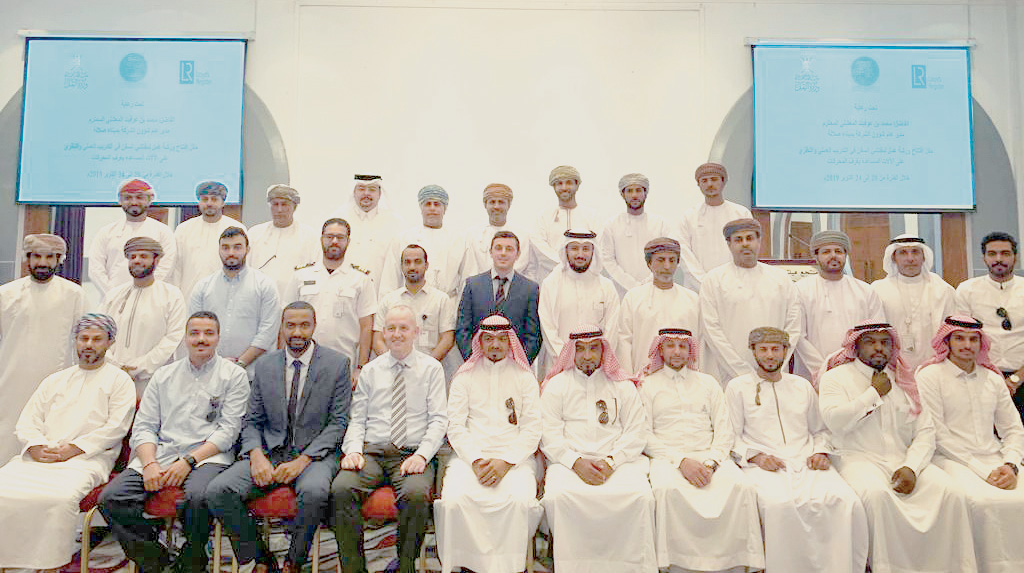

SALALAH, OCT 29 - Maritime Safety experts from the region put emphasis on effective procedures and measures to safeguard seafarers on-board ships and overall safety of vessels in the region. For this, they sought complete compliance of the applicable requirements and conventions so that the best practices of the maritime safety requirements could be achieved.
The experts did a five-day crucial review of engine room safety in Salalah as a follow up of their meeting in Kuwait early this year. The participants discussed the ways to work on approved training plan on Concentrated Inspection Campaign (CIC).
The meeting was held under the joint auspices of the Ministry of Transport, Riyadh Memorandum of Understanding on Port State Control, and Lioyd’s Register, a maritime classification society, wholly owned by the Lloyd’s Register Foundation and a UK charity dedicated to research and education in science and engineering.
Mohammed bin Shaban al Zadjali, Director of the Secretariat and Information Centre of Riyadh Memorandum, said the meeting focused on training and practical reviews of the engine room to equip the participants to go ahead with the Concentrated Inspection Campaign.
Riyadh Memorandum, according to Al Zadjali, is a regional understanding between the six GCC countries, the office of which is based in Muscat. “It works under the GCC umbrella while other countries are free to join to take advantage of the organisation’s expertise in maritime safety.”
The meeting participants included port control officials from the GCC countries as the purpose was to ensure safety of people, port employees as well as to enhance the capabilities of the port staff involved in vessel operations in the region.
“With 11 participants in this meeting we focused mainly on the auxiliaries, engine room, vessel maintenance, certificates and cleanliness,” he said.
Designated port control officials, according to him, conduct inspection of foreign vessels calling at different ports. For that the official needs understanding of inspection guidelines, rules and regulations and the purpose of such trainings is to ensure the best practices while conducting vessel inspections.
The vessels entering into foreign ports are supposed to abide by the guidelines set by the International Maritime Organisation (IMO). “Under this, port control officials ensure that the foreign vessels are complying with the guidelines set by the IMO and they are not adversely affecting the environment, people and abiding by the rules and regulations like wages, accommodation and living standards of the vessel employees.”
The training was aimed at enhancing the capabilities of the port control officials to do right inspection and make a report, the result of which is sent to the Riyadh Memorandum’s database. The database is shared by other maritime bodies as part of strengthening the maritime safety system.
“The information is shared with the IMO and other organisations, as there are nine memorandums and we benefit from each other’s experiences,” he said.
Oman Observer is now on the WhatsApp channel. Click here



